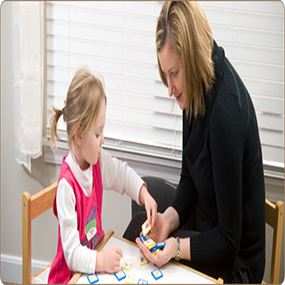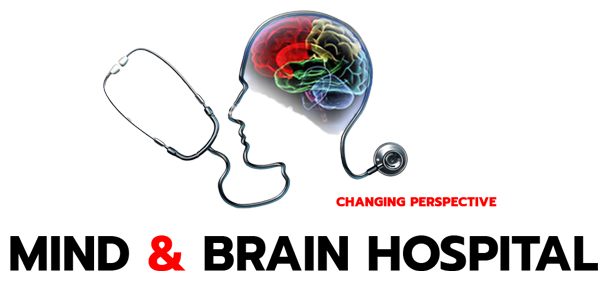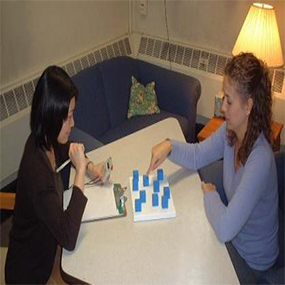
Psychological Assessments, Psychotherapy & Counselling
There is nothing either good or bad, but thinking makes it so." Shakespeare (Hamlet)
The Clinical psychologists in Mind & Brain Clinic often work alongside other professionals in multidisciplinary teams in order to deal with complex patient problems. They work with clients of all ages on a variety of different mental or physical health problems.
Mental or Physical health problems
- depression and anxiety
- mental illness
- adjustment to physical illness
- neurological disorders
- addictive behaviours
- challenging behaviours
- eating disorders
- personal and family relationship problems
- learning disabilities
Treatments
Psychological Assessment / Testing
Psychological testing — also called psychological assessment — is the foundation of how psychologists better understand a person and their behavior. It is a process of problem solving for many professionals — to try and determine the core components of a person’s psychological or mental health problems, personality, IQ, or some other component. It is also a process that helps identifies not just weaknesses of a person, but also their strengths.


PSYCHOTHERAPY
Psychotherapy is a type of therapy used to treat emotional problems and mental health conditions. It involves talking to a trained therapist, either one-to-one, in a group or with your wife, husband or partner. It allows you to look deeper into your problems and worries, and deal with troublesome habits and a wide range of mental disorders, such as depression and schizophrenia. Psychotherapy usually involves talking, but sometimes other methods may be used – for example, art, music, drama and movement. Psychotherapy can help you discuss feelings you have about yourself and other people, particularly family and those close to you. In some cases, couples or families are offered joint therapy sessions together. You will meet your therapist regularly, usually once a week, for several months, or sometimes even years. Individual sessions last about 50 minutes, but group sessions are often a bit longer.


COUNSELLING
Counselling is a helping approach that highlights the emotional and intellectual experience of a client, how a client is feeling and what they think about the problem they have sought help for.
The role of the counsellor is to enable the client to explore many aspects of their life and feelings, by talking openly and freely. Talking in such a way it is rarely possible with family or friends, who are likely to be emotionally involved and have opinions and biases that may be detrimental to the success of the counselling.
The counsellor neither judges, nor offers advice. The counsellor gives the client an opportunity to express difficult feelings such as anger, resentment, guilt and fear in a confidential environment.The counsellor may encourage the client to examine parts of their lives that they may have found difficult or impossible to face before. There may be some exploration of early childhood experiences in order to throw some light on why an individual reacts or responds in certain ways in given situations. This is often followed by considering ways in which the client may change such behaviours.
Effective counselling reduces confusion, allowing the client to make effective decisions leading to positive changes in their attitude and/or behaviour. Effective counselling is not advice-giving and is not acting on someone else's behalf (these are more the roles of a life coach). The ultimate aim of counselling is to enable the client to make their own choices, reach their own decisions and to act upon them accordingly.















